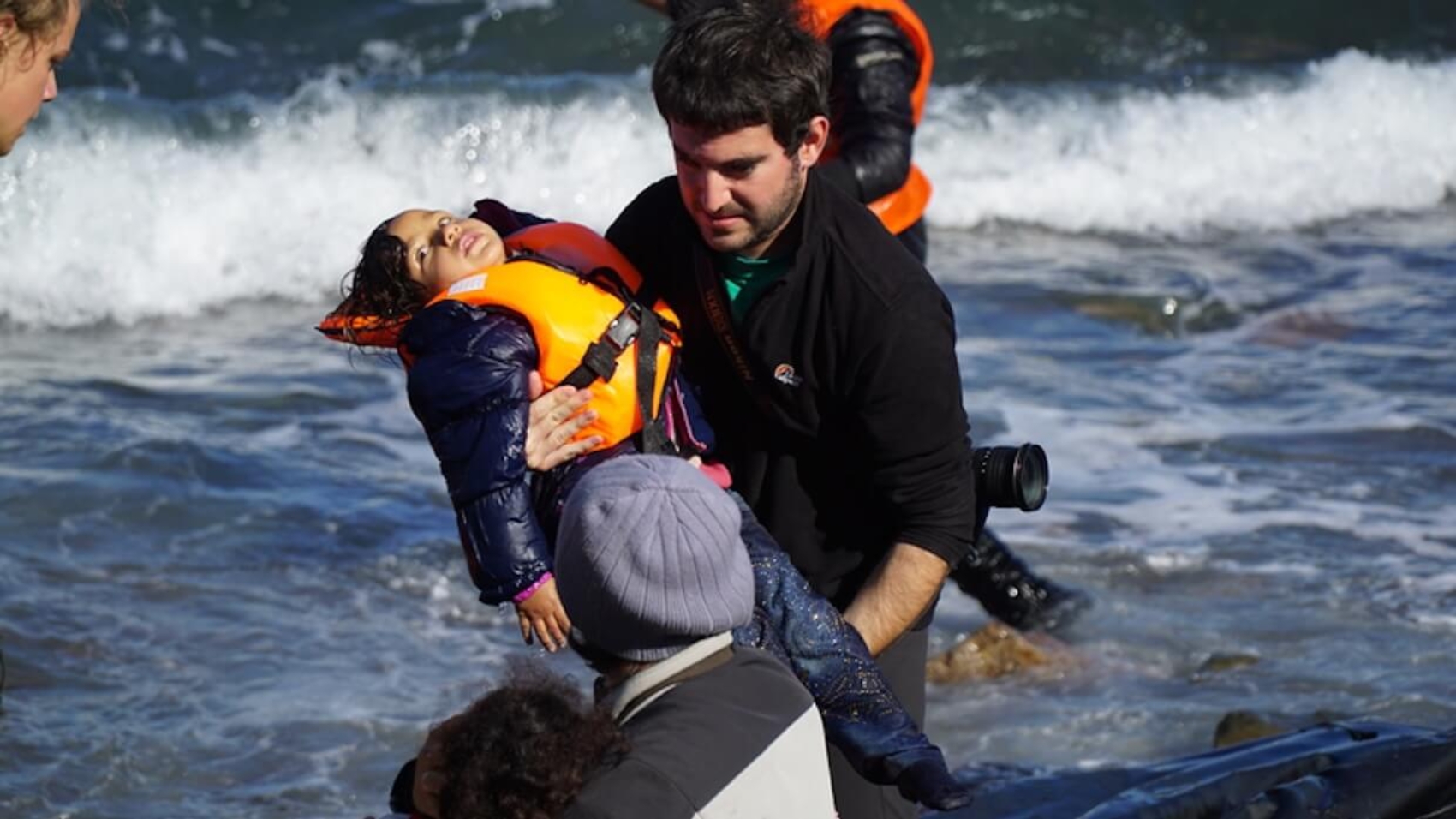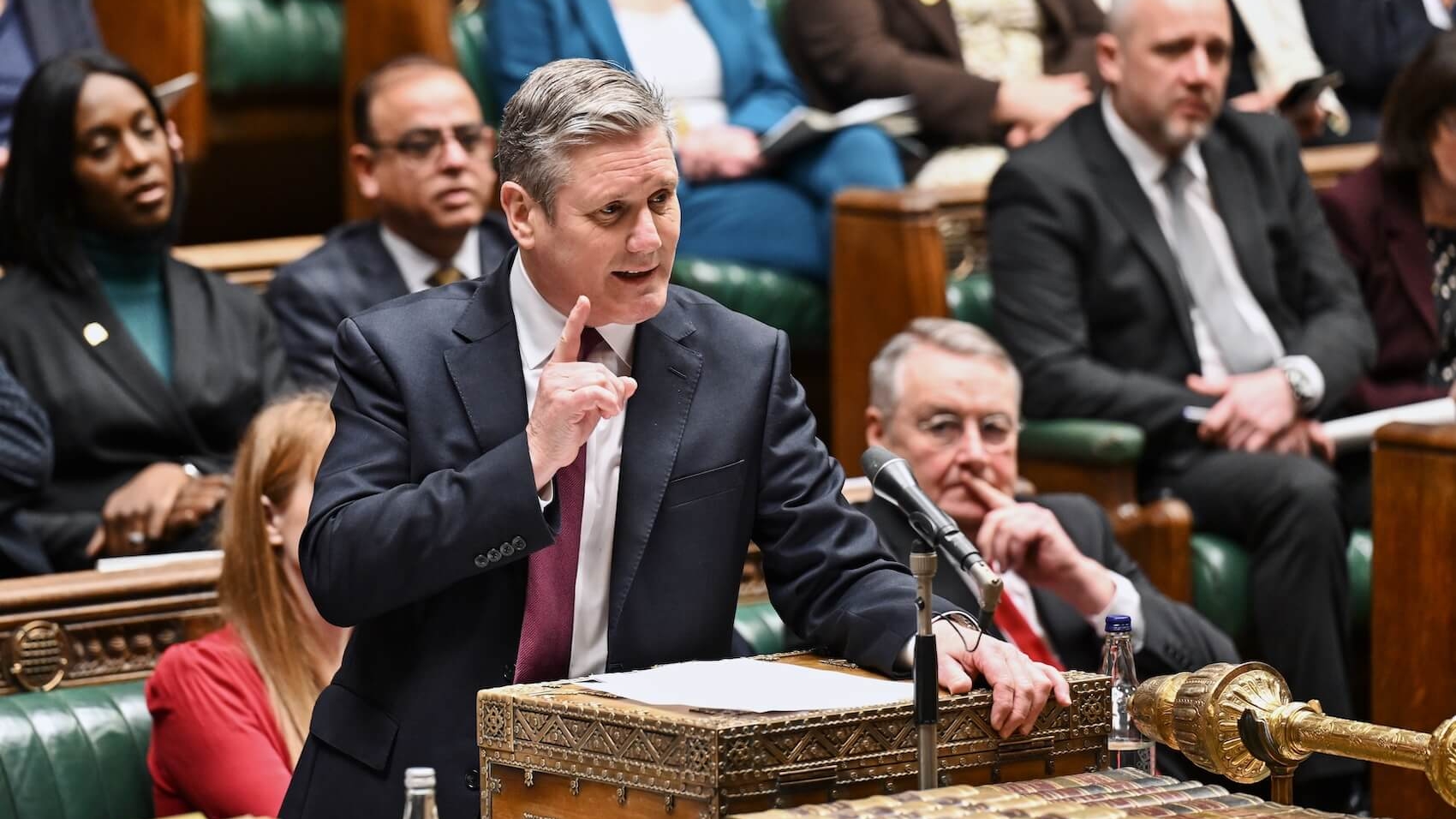In this analytically rich commentary, ECPS Youth Group member Saurabh Raj examines how direct welfare delivery is transforming electoral politics in India. Focusing on the recent Bihar assembly election, Raj shows how visible and targeted benefits—especially cash transfers to women—have become a powerful political language shaping voter participation and choice. Conceptualising this shift as “freebie populism,” the article argues that welfare now operates not only as a developmental tool but as a mode of political mobilisation, mediated through digital infrastructures and personalised state–citizen encounters. While caste, religion, and ideology remain influential, Raj highlights the growing importance of the individual beneficiary as a new axis of political belonging. Situating Bihar within broader interstate patterns, the article raises critical questions about democratic accountability, political reasoning, and the future trajectory of Indian democracy.
By Saurabh Raj*
The recent Bihar state[1] assembly election provides a useful lens to examine how welfare-centred mobilisation is reshaping contemporary electoral politics in India. Bihar recorded its highest ever voter turnout at 66.9 percent. The gender pattern was even more striking. Women voted at 71.6 percent while men voted at 62.8 percent. In 130 of the 243 constituencies, more women than men participated. These are not small variations or one time anomalies. They represent a structural shift in who participates and who determines electoral outcomes (Basu 2021).
The pattern of results closely mirrors this shift. The incumbent governing coalition won 114 of the 130 seats where women led the turnout which is close to 88 percent of all such constituencies. This alignment coincided with the scale and timing of welfare measures that reached women directly, warranting closer analytical attention. A direct cash transfer equivalent to approximately USD 120 to over twelve million women shortly before the election was only one part of a wider package that included pension increases, electricity bill relief and higher payments for frontline workers. The opposition responded with guarantee booklets, registration drives and promises of future support, as well as cards distributed by Jan Suraj[2] that signalled an alternative welfare imagination. Welfare was not an accessory to the campaign. It was the central axis around which political mobilisation occurred.
This election therefore makes visible a broader phenomenon that has been unfolding across India. Welfare centred electoral strategies are transforming political communication, voter reasoning and the emotional structure of democratic belonging. The rise of freebie populism, a term used here to describe the combination of populist rhetoric with highly visible and personalised welfare delivery, marks a distinct shift in how the state is imagined and how voters evaluate political actors. The term “freebie populism” is used here as an analytic category rather than a normative judgement. It refers not to the undesirability of welfare provision but to a specific political logic in which competitive electoral incentives privilege immediacy, visibility, and personalisation of benefits. This logic differs from rights-based or institutionalised welfare regimes, where entitlements are routinised and less directly tied to electoral cycles. The distinction is important, as the argument advanced here concerns the mode of political mobilisation rather than the legitimacy of welfare itself.
Methods Note
This commentary draws on publicly available data from the Election Commission of India (Election Commission of India, 2024), state budget documents, press releases, field reporting in Hindi and English media and academic literature on populism, welfare delivery and voting behaviour. Interpretive arguments build on comparative work on populism (Mudde, 2004; Mudde & Kaltwasser, 2017) and on scholarship that links welfare delivery to political participation (Khemani, 2022; Kruks Wisner, 2018). Additional reference is made to studies on gendered political engagement, digital welfare architecture and direct benefit transfer systems. The purpose of this article is analytical rather than predictive. It aims to situate the Bihar experience within a wider conceptual and empirical framework that illuminates the changing nature of electoral politics in India.
Classic Understandings of Populism
Cas Mudde defines populism as a thin centred ideology that imagines society as divided between “the pure people” and “the corrupt elite” and insists that politics must directly express the general will (Mudde, 2004). Because it is thin centred, it can attach itself to a range of ideological projects including right wing, left wing or regionally specific imaginations of welfare, nationalism and identity. Mudde and Kaltwasser note that populism becomes powerful when leaders present themselves as direct protectors of ordinary citizens and construct emotional and symbolic shortcuts that bypass institutions and complex policy debates (Mudde & Kaltwasser, 2017).
Comparative research from Latin America demonstrates how populist leaders frequently combine emotive rhetoric with selective welfare delivery to cultivate direct affiliation with the masses (Hawkins, 2010; Roberts, 2015). These transfers are not incidental. They are political instruments through which belonging is reinforced and legitimacy is sustained. In India, populism has historically relied on religious mobilisation, symbolic gestures, charismatic leadership or caste-based appeals. Material transfers existed but did not shape political identity in the pronounced way witnessed today.
The current moment therefore extends rather than replaces classic understandings of populism. It adds a strong material and bureaucratically mediated dimension that is deeply embedded in the digital public infrastructure of the state. This dimension is responsible for the heightened immediacy with which political commitment is experienced.
Conceptualising Freebie Populism
Freebie populism represents a contemporary variant of populist mobilisation in which the primary bridge between leaders and citizens is constructed through direct material transfers rather than symbolic or rhetorical appeals alone. It does not replace classic definitions of populism but operationalises the promise of protection and recognition by making it tangible through targeted benefits. Cash transfers, subsidised electricity, expanded pensions, and free travel serve as visible proof of political commitment. These benefits act as recurring reminders that the state, often personified through political leadership, acknowledges the immediate material needs of citizens. Three features distinguish freebie populism from broader welfare politics.
Immediacy is central, as transfers are often timed close to elections and their effects are felt within household budgets almost immediately. Voters therefore perceive the state not as a distant bureaucracy but as a source of immediate relief.
Visibility is another critical feature. Digital transfers generate SMS alerts and bank notifications, and these alerts themselves function as instruments of political communication, turning a routine bureaucratic act into a concrete political moment.
Personalised recognition is a third characteristic. Scholars note that direct transfers create a strong sense of being acknowledged by the state, particularly among women who manage household finances (Khemani, 2022). This personalisation transforms welfare from a bureaucratic entitlement into a more intimate political relationship between the individual and the state.
Freebie populism does not erase caste or religious identities, which remain significant in shaping expectations and voting behaviour (Jaffrelot, 2021). However, welfare delivered directly to individual bank accounts establishes a new axis of political belonging. A woman from the Yadav or Paswan community may continue to retain group-based preferences, but her voting choices are also influenced by whether the state has reached her personally. The digital architecture of Aadhaar-linked transfers deepens this individualisation, making the relationship between the voter and the state more immediate, measurable, and experientially reliable.
Bihar and the Emergence of the Individual Beneficiary
The Bihar election demonstrates the mechanics of freebie populism with unusual clarity because the scale of targeted transfers was unprecedented. The distribution of ten thousand rupees to more than one crore twenty lakh women created a widespread perception that the state was acknowledging their economic vulnerability. This was part of a larger environment that included electricity bill relief, increased pensions and higher remuneration for frontline workers. These measures were repeatedly communicated through public meetings, local level messaging and digital outreach, ensuring that beneficiaries associated them with the ruling leadership.
The opposition attempted to counter this by centring women in its own campaign. Guarantee booklets, self-registration drives and targeted promises sought to build an alternative welfare narrative. Jan Suraj’s cards, for instance, attempted to construct a future oriented welfare claim. Yet the immediacy of actual deposits seemed to carry greater weight than future promises. Voters were able to verify receipt of benefits in the most tangible sense.
Turnout and voting patterns align closely with this political strategy. Women led the turnout in 130 constituencies, and the incumbent governing coalition won 114 of these. The fact that this alignment occurred during a period of intense welfare messaging suggests the strong influence of direct benefits on electoral behaviour. The political message materialised not as an abstract claim but as a verified deposit received through a mobile phone alert. Politics was increasingly experienced through the position of the individual beneficiary.
This alignment does not imply that welfare purchases votes. Rather it indicates that welfare is functioning as a channel through which political recognition, credibility and responsiveness are evaluated. Voters appear to be rewarding the government for delivering measurable relief and penalising actors whose promises remain untested.
Shifting Political Behaviour
The Bihar data indicates that freebie populism is reshaping political behaviour in ways that build on and extend earlier research. Scholars have noted that low-income voters are highly strategic and responsive to welfare delivery, often making reasoned decisions based on evidence of state performance (Khemani, 2022; Kruks Wisner, 2018). The Bihar experience reinforces this insight and highlights three important dimensions of change.
First, welfare is increasingly becoming the primary language of political recognition. Women voters demonstrated exceptionally high turnout and a strong preference alignment in constituencies where welfare delivery was both visible and recent, suggesting that direct transfers and other targeted benefits have emerged as key instruments through which citizens assess the state’s commitment.
Second, citizenship itself is being experienced through the household economy. This does not reduce political engagement to a transactional exchange but instead reflects a new democratic imagination in which the state operates as a direct economic actor within the household. For many women, welfare programmes provide relief from domestic pressures, enhance financial independence, and support caregiving responsibilities, thereby strengthening political agency. At the same time, political reasoning is increasingly grounded in immediacy.
Third, freebie populism shifts the focus from abstract or long term developmental claims toward the voter’s immediate lived experience. Citizens evaluate political actors on the credibility, timing, and scale of benefit delivery and the responsiveness they witness in practice. This approach does not indicate passivity; rather, it reflects active and informed political calculation based on tangible outcomes and personal experience (Chauchard, 2017).
Taken together, these patterns suggest that political loyalty is increasingly shaped by repeated and recognisable acts of recognition rather than broad ideological or identity-based appeals, signalling a profound shift in how democratic engagement is conceptualised and practiced.
These patterns resonate with findings from other democracies where targeted welfare provision has become central to electoral competition, including parts of Latin America and Southeast Asia. In such contexts, welfare delivery increasingly functions as both policy and political communication, blurring the boundary between governance and mobilisation. The Indian case therefore contributes to a growing comparative literature on how material distribution reshapes democratic participation under conditions of economic precarity.
Patterns Beyond Bihar
The pattern observed in Bihar is not an isolated development but part of a broader transformation in electoral politics across multiple Indian states. Welfare centred strategies have become essential elements of political competition, and their design increasingly reflects the logic of freebie populism, where visible and immediate benefits shape political belonging and voter behaviour. Each state offers a slightly different model, yet all demonstrate the growing centrality of targeted welfare in shaping electoral outcomes.
Jharkhand provides a clear example of this shift. The state expanded support for low-income women through age linked educational transfers and targeted assistance schemes that reached households directly. These interventions were not presented merely as development initiatives but became central to political communication, especially in rural districts where economic insecurity remains acute. The emphasis on young women and first-generation learners created a perception that the state was intervening meaningfully in the life chances of vulnerable households. Political actors highlighted these measures during election campaigns, illustrating how welfare has become a key electoral asset.
Maharashtra further demonstrates the consolidation of welfare centred politics. The Ladki Bahin Scheme placed women at the centre of the electoral narrative by offering regular financial assistance and presenting the state as an active participant in household welfare. The scheme was supported by recognisable branding, sustained outreach and continuous communication that associated the ruling leadership with direct support for women. This combination of financial transfers and symbolic visibility strengthened the perception that welfare was both a right and a political commitment, reinforcing the link between beneficiaries and the state.
Telangana presents another version of this emerging trend. Successive governments have relied heavily on targeted welfare, particularly through agricultural support schemes, marriage assistance programmes and community specific initiatives. These policies created strong emotional and material incentives for distinct social groups and demonstrated that welfare could be used strategically to cultivate enduring political alliances. Welfare delivery in Telangana has become an essential component of electoral mobilisation rather than a supplementary tool and continues to play a decisive role in shaping partisan loyalty.
Tamil Nadu offers one of the longest running traditions of welfare linked mobilisation in India. The contemporary phase builds on earlier frameworks but introduces new elements such as free bus travel for women, expanded meal schemes, higher pensions and targeted relief for vulnerable households. Welfare delivery is deeply integrated into political identity and party narratives. Campaigns consistently highlight the immediacy and continuity of state support, reinforcing the idea that welfare programmes are expressions of political care rather than bureaucratic entitlements.
Across these states, welfare is framed not merely as development but as a direct political relationship. This relationship is mediated through digital systems that enable individual bank transfers, local mobilisation networks that translate policy into political communication, frontline workers who act as intermediaries between the state and beneficiaries and the emotional resonance generated when citizens experience state recognition in concrete and material form. Together, these elements show how freebie populism has become a national phenomenon shaping political participation and redefining the meaning of electoral competition.
However, important differences remain across states. In Tamil Nadu and other states, welfare programmes are embedded within long-standing party institutions and ideological narratives, reducing their electoral immediacy. In contrast, states such as Bihar and Jharkhand exhibit a more episodic and election-timed deployment of benefits, intensifying their political salience. These variations suggest that freebie populism operates most strongly where welfare delivery is newly individualised and weakly institutionalised.
Limits of Attribution and Scope of Argument
This article advances an interpretive rather than causal argument between welfare transfers and electoral outcomes. Voting behaviour is shaped by multiple overlapping factors, including caste alignments, candidate credibility, party organisation, and broader political narratives. The observed alignment between women-led turnout and electoral outcomes in Bihar should therefore be read as indicative rather than deterministic.
The argument advanced here is that welfare delivery has acquired heightened political salience under conditions of digital transfer, electoral competition, and economic precarity. Direct benefits function as signals of state responsiveness that voters incorporate into broader political reasoning. This does not imply political passivity or vote-buying; rather, it reflects strategic and experiential evaluation by citizens based on verifiable state action. Future research using booth-level data or longitudinal beneficiary tracking would allow for more precise estimation of causal effects.
Conclusion
Welfare centred mobilisation has become a central feature of contemporary electoral competition in India. The Bihar assembly election provides a useful illustration of how direct and visible welfare delivery is reshaping patterns of political participation by foregrounding the individual beneficiary as a significant site of democratic engagement. High female turnout and the alignment of women dominated constituencies with electoral outcomes underline the growing importance of welfare as a medium through which citizens experience and evaluate state responsiveness.
This shift does not indicate a decline in political reasoning or a reduction of citizenship to transactional exchange. Instead, it reflects a reorientation of democratic judgement in which voters increasingly rely on observable and verifiable state action to assess political credibility. Welfare delivery, mediated through digital and bureaucratic systems, functions not only as policy intervention but also as a communicative practice that signals recognition, reliability, and proximity between the state and citizens.
At the same time, the increasing centrality of welfare in electoral mobilisation raises important questions for democratic accountability. An emphasis on immediacy and visibility may encourage short term distributive competition at the expense of institutional consolidation and sustained policy debate. As electoral legitimacy becomes more closely tied to the timing and scale of benefits, political contestation risks narrowing to questions of delivery rather than deliberation.
The broader challenge for Indian democracy therefore lies not in the expansion of welfare itself but in the political logic through which welfare is mobilised. Understanding how welfare delivery reshapes political participation, voter reasoning, and experiences of citizenship is essential to assessing the evolving character of democratic practice in India. The Bihar case suggests that future electoral outcomes will increasingly be shaped by how convincingly the state makes itself present in the everyday lives of citizens, alongside enduring influences of identity, ideology, and organisation. Beyond India, the analysis highlights how welfare delivery can reconfigure democratic engagement in contexts where citizens encounter the state most directly through material transfers.
(*) Saurabh Raj is a core team member at the Indian School of Democracy and is associated with the European Center for Populism Studies (ECPS). He has a decade of experience in Indian politics and elections.
References
Aiyar, Y., and Walton, M. (2015). “Rights, accountability and citizenship: Examining India’s social welfare architecture.” Accountability Initiative.
Basu, P. (2021). “Women and electoral participation in India: Changing patterns of turnout and political engagement.” Economic and Political Weekly, 56(12), 34 to 42.
Chauchard, S. (2017). Why representation matters: The meaning of ethnic quotas in rural India. Cambridge University Press.
Election Commission of India. (2024). State Assembly Election Data: Bihar.
Hawkins, K. A. (2010). Venezuela’s Chavismo and populism in comparative perspective. Cambridge University Press.
Jaffrelot, C. (2021). Modi’s India: Hindu nationalism and the rise of ethnic democracy. Princeton University Press.
Khemani, S. (2022). “Political economy of welfare delivery in India.” World Bank Research Observer, 37(2), 245 to 270.
Kruks Wisner, G. (2018). Claiming the state: Active citizenship and social welfare in rural India. Cambridge University Press.
Mudde, C. (2004). “The populist zeitgeist.” Government and Opposition, 39(4), 541 to 563.
Mudde, C., and Kaltwasser, C. R. (2017). Populism: A very short introduction. Oxford University Press.
Roberts, K. M. (2015). Changing course in Latin America: Party systems in the neoliberal era. Cambridge University Press.
Footnotes
[1] Bihar, one of India’s most populous and economically disadvantaged states, has historically exhibited lower levels of state capacity and social welfare penetration, making recent shifts in voter participation particularly significant.
[2] A recently formed political party in Bihar positioning itself around governance and welfare reform.












